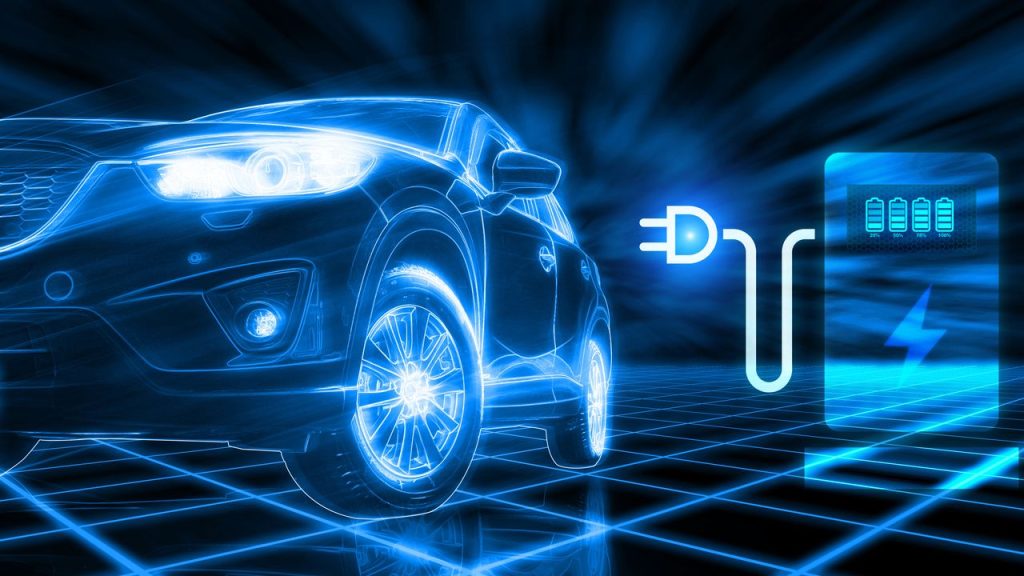Electric Car Conversions and Retrofitting: What You Need to Know
Electric cars are gaining popularity as a more sustainable and environmentally friendly alternative to traditional gasoline-powered vehicles. While there are many electric car models available in the market, some car enthusiasts prefer to convert their existing gasoline vehicles into electric ones. This process, known as retrofitting or conversion, involves replacing the internal combustion engine with an electric motor and installing a battery pack to power the vehicle. In this article, we will explore the concept of electric car conversions, the associated costs, and the regulations surrounding this practice.
What is Retrofitting?
Retrofitting, in the context of electric cars, refers to the process of converting a gasoline-powered vehicle into an electric one. This process typically involves removing the internal combustion engine and its associated components, such as the fuel tank and exhaust system, and replacing them with an electric motor, controller, and battery pack.
Electric car retrofitting allows car owners to take advantage of the benefits of electric vehicles without having to purchase a new one. It can be a cost-effective solution for those who already own a vehicle and want to reduce their carbon footprint.
Conversion Costs
The cost of converting a gasoline car into an electric one can vary depending on several factors, including the size and type of the vehicle, the desired range, and the quality of components used. On average, an electric car conversion can cost anywhere from $10,000 to $20,000.
Some of the major costs associated with electric car conversions include:
- Battery Pack: The battery pack is one of the most expensive components of an electric car conversion. Depending on the desired range and quality, a battery pack can cost several thousand dollars.
- Electric Motor: The electric motor is responsible for powering the vehicle. The cost of an electric motor can range from $1,000 to $5,000, depending on the power and efficiency.
- Controller: The controller regulates the flow of electricity from the battery pack to the electric motor. It typically costs around $1,000 to $2,500.
- Charging Infrastructure: Converting a car to electric also requires the installation of a charging infrastructure at home or at charging stations. The cost of setting up the charging infrastructure can vary depending on the existing electrical system and the desired charging speed.
Conversion Regulations
Before considering an electric car conversion, it is important to be aware of the regulations and requirements set by local authorities. These regulations may vary by region and can cover aspects such as safety standards, emissions testing, and vehicle registration.
In some countries or states, conversion regulations may require the vehicle to undergo specific tests, such as a safety inspection or emissions certification, to ensure that it meets the necessary standards. It is important to research and comply with these regulations to ensure a legal and safe conversion process.
Additionally, it is worth noting that some car manufacturers may void the warranty on a converted vehicle, as the modifications made during the conversion process may alter the original design and specifications. It is advisable to check with the manufacturer or a reputable conversion specialist before proceeding with the conversion.
Conclusion
Electric car conversions and retrofitting offer an alternative way for car owners to embrace electric mobility without purchasing a new vehicle. While the costs of conversion can vary, it is crucial to consider the expenses associated with components such as the battery pack, electric motor, and charging infrastructure. Moreover, understanding and complying with local conversion regulations is essential to ensure a legal and safe conversion process. With the right research and planning, electric car conversions can be a sustainable and cost-effective way to reduce carbon emissions and contribute to a greener future.


